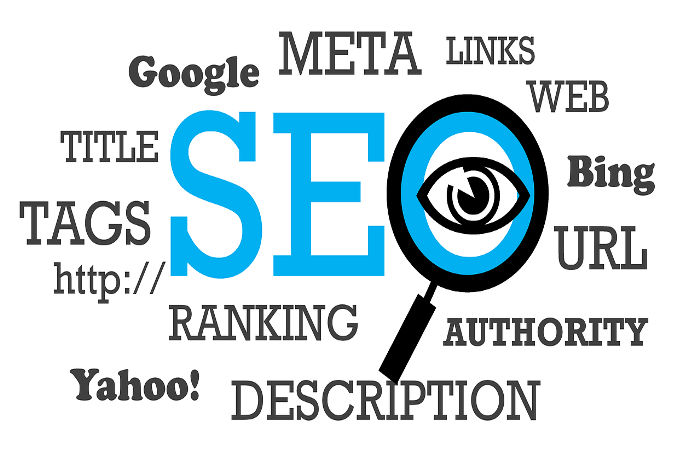
Duration: The Search Engine Optimization (SEO) course typically lasts between 4 to 8 weeks, depending on the depth of content and pace of instruction.
Daily Hours of Class: Participants are generally required to attend 1-2 hours of classes each day, with additional time for assignments, practical exercises, and self-study.
Search Engine Optimization (SEO) Course
Who Can Do This Course: This course is suitable for a wide range of individuals, including marketing professionals, business owners, website developers, content creators, freelancers, and anyone interested in learning SEO. Basic computer skills are required, but no prior SEO experience is needed.
Introduction to SEO:
- Understanding the concept of SEO and its importance in digital marketing.
- Overview of search engines and how they work.
- Differentiating between organic and paid search results.
Keyword Research and Analysis:
- Importance of keywords in SEO.
- Tools and techniques for keyword research (e.g., Google Keyword Planner, SEMrush, Ahrefs).
- Identifying long-tail keywords and understanding user intent.
On-Page SEO:
- Optimizing title tags, meta descriptions, and header tags (H1, H2, etc.).
- Importance of high-quality content and keyword placement.
- Using internal links and optimizing URL structure.
Technical SEO:
- Ensuring website crawlability and indexability.
- Optimizing website speed and performance.
- Implementing structured data (schema markup) and XML sitemaps.
- Fixing crawl errors and setting up redirects.
Off-Page SEO and Link Building:
- Understanding the role of backlinks in SEO.
- Strategies for building high-quality backlinks.
- Avoiding black-hat techniques and penalties.
SEO Analytics and Reporting:
- Using tools like Google Analytics and Google Search Console to monitor SEO performance.
- Key metrics to track for SEO (e.g., organic traffic, bounce rate, keyword rankings).
- Creating SEO reports for stakeholders.
Local SEO:
- Importance of local SEO for businesses.
- Setting up Google My Business and optimizing for local search.
- Managing reviews and local citations.
Mobile SEO and User Experience:
- Ensuring mobile-friendly website design.
- Understanding the impact of user experience (UX) on SEO.
- Mobile optimization strategies (e.g., responsive design, AMP).
SEO Tools and Automation:
- Overview of popular SEO tools and software.
- Using automation to streamline SEO tasks.
- Integrating SEO with content management systems (CMS).
SEO and Content Marketing:
- Creating SEO-friendly content that adds value to users.
- Developing content marketing strategies that align with SEO goals.
- Using content to drive organic traffic and engagement.
Advanced SEO Techniques:
- Understanding voice search and its impact on SEO.
- Exploring emerging trends and future developments in SEO.
- Implementing advanced SEO strategies for competitive advantage.


Benefits of Doing This Course:
Enhanced Website Visibility: Learn how to improve the visibility and ranking of websites on search engines, leading to increased organic traffic.
Cost-Effective Marketing: Understand how SEO provides a cost-effective alternative to paid advertising for driving traffic and conversions.
Career Advancement: Gain valuable SEO skills that are in high demand, leading to career opportunities in digital marketing and related fields.
Entrepreneurial Opportunities: Use SEO skills to start a digital marketing consultancy or enhance your existing business’s online presence.
Comprehensive Skill Set: Acquire a well-rounded understanding of on-page, off-page, and technical SEO, enabling you to tackle a variety of SEO challenges.
Career Options:
After completing the SEO course, participants can pursue various career paths, including:
SEO Specialist: Specializing in improving website visibility and rankings through on-page and off-page optimization.
Digital Marketing Manager: Overseeing comprehensive digital marketing strategies, including SEO, social media, and other channels.
Content Strategist: Creating and optimizing content to improve SEO performance and engage audiences.
Freelance SEO Consultant: Offering SEO services to clients on a freelance basis.
SEO Analyst: Analyzing SEO data and providing insights for optimization.

